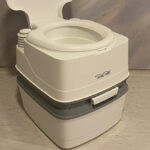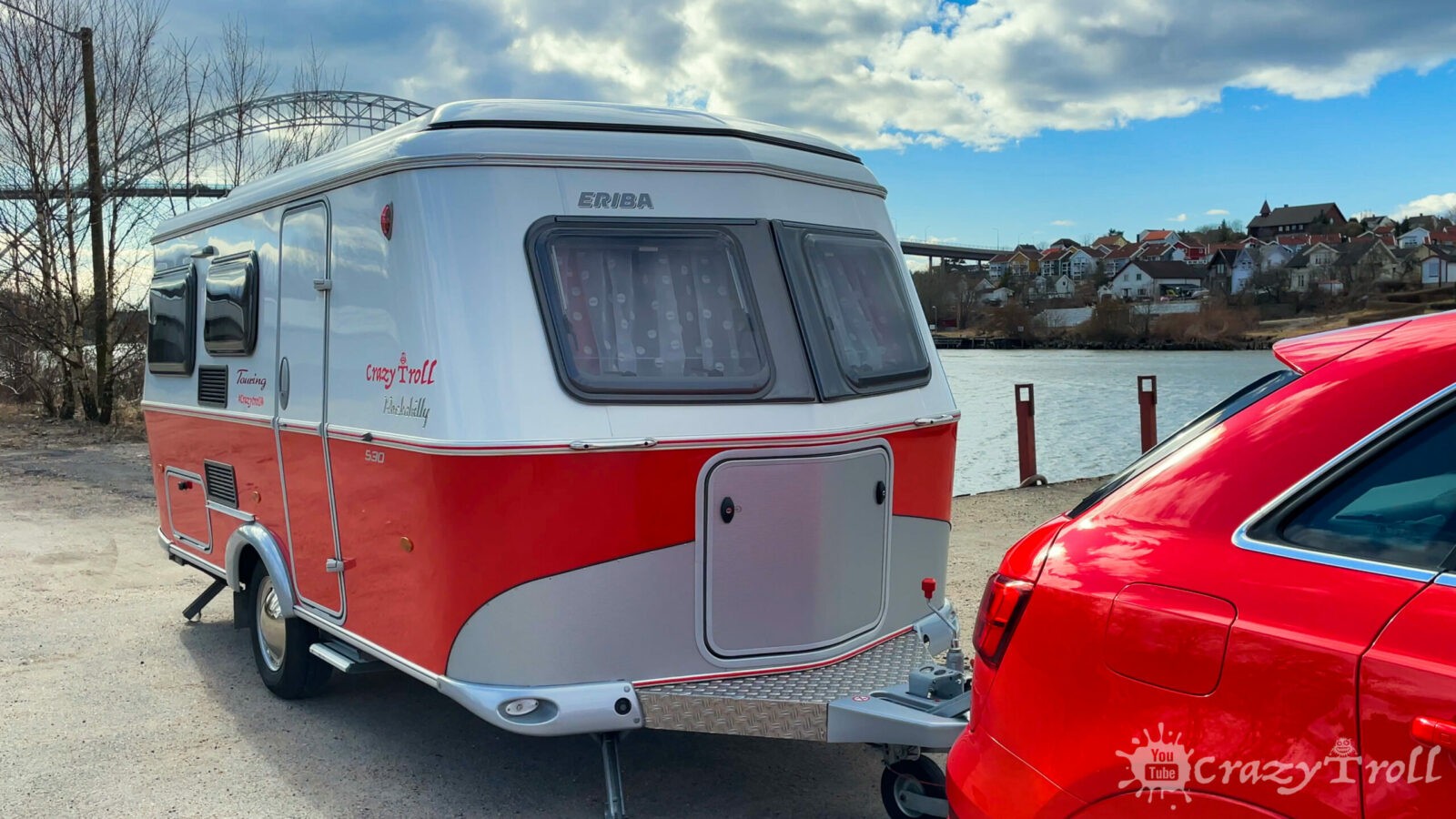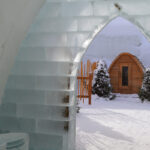Butane is the kinda-sorta cousin of propane. As a matter of fact, butane often comes in a bottle with a small amount of propane as well. However, there is an unfortunate setback to using butane in the winter.
Whenever the outside temperature reaches freezing—32°F or lower—the butane will no longer convert from liquid in the bottle, to gas as it is released into the atmosphere or your portable grill.
Butane just won’t cooperate in freezing temperatures and the more unfortunate part of the equation is the fact that butane is the most portable and easy-to-carry between itself and propane. So what are you supposed to do?
How To Use Butane When You’re Winter Camping
There are a few methods you can go with in order to take advantage of butane for a winter camping trip. One of the easiest solutions is to purchase bottles of butane/propane mix. They’re small, portable, and only a little heavier than your traditional butane tank.
With the additional propane within—which freezes at a much lower temperature—you can get everything out of it you want to with a standard butane tank and at much lower temperatures.
You will need an inverted canister stove if you prefer to go with the mix. In a traditional gas stove, the propane will burn away just fine, leaving you with half a tank of liquid butane that refuses to come out.
In an inverted stove, the propane continues to vaporize like normal, with gravity doing the job of forcing the butane out along with the propane. However, that’s not the only way to get the job done, especially if you really prefer just butane.
- Pack a box of hand warmers
- Keep the butane canisters in your pack, close to your back as you wear it
- Start your campfire first and use it to warm your canister
- Keep it in a large pocket on your person
- Wrap it in a thermal covering/wrap
You need the canister to stay warm enough, long enough for you to use it and that’s all. One of the best ways to do this is to pop some hand warmers and place them around the butane canister in your pack. This will definitely keep it warm and ready to use when you need it.
You can also keep them in your pack, especially if you have a long hike. Keep your pack on, even as you move about making camp. Your body heat will be more than enough to keep the butane canister warm until you’re ready to cook.
You can always set up for camp by getting the fire going early and leaving your pack close enough to it to get warm, with your butane inside. Don’t let it get too close to the fire, however, unless you want a really warm camp
Butane tanks can get pretty small, perhaps small enough to fit in one of your jacket pockets, especially if you have a large enough jacket to do the job. Keep it on you as you go about setting camp. Your exertions from setting camp and any hiking you did will provide plenty of body heat to keep it warm.
Lastly, you can wrap your butane canister in any kind of thermal covering, such as a large, Thermacare wrap that you would typically use on a sore, upper back, thigh, hip, or another large part of the body. You want a wrap big enough to wrap around the canister.
What About A Different Type Of Butane?
One of the most recommended gases to use for winter camping is i-butane (or isobutane). It’s an isomer of butane with a much better tolerance to wintery weather. You can also get it as a sort of standalone stove.
They also sell it in canisters and the only drawback to it is that it’s a bit more expensive than getting a standard butane canister for cooking. It burns just as well as you would expect butane to burn so there won’t be any problems where that is concerned.
They’re also just as portable, mostly because they are small, compact, and don’t weigh nearly as much as propane or a heavy propane mix. If you’re having problems keeping butane canisters warm while camping in the winter, you should consider i-butane instead.
All Things Considered
Sure, butane isn’t the best way to go when you’re outside and in lower than freezing temperatures, but if you plan ahead, you should be able to keep the canisters warm enough to do what you need them to do.








